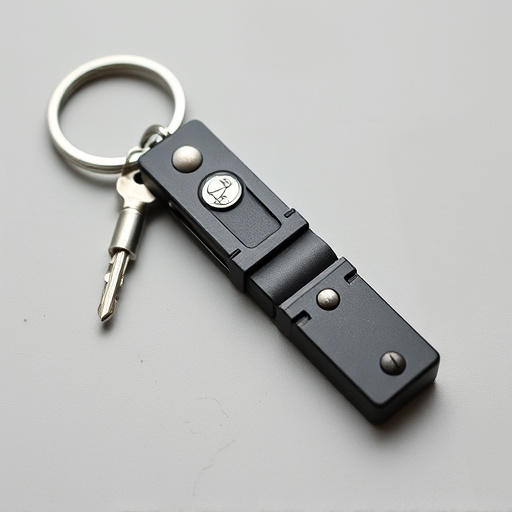Acquiring and carrying a Personal Alarm Keychain with loud decibels (100-120 dB) for personal safety requires understanding the varying legal frameworks across regions. These devices, designed to deter attackers, are generally legal as long as they meet sound pressure level standards. US states have differing regulations; some allow open carry while others require permits or registration, emphasizing the need for users to familiarize themselves with local laws to ensure compliance and responsible use within legal limits.
“Uncover the power of protection with our guide to personal alarm keychains—a discrete yet potent self-defense tool. With a focus on legal carry states, we explore the importance of understanding local regulations regarding high-decibel alarm devices.
Learn about the compelling features and benefits of loud decibel keyring devices, which have become indispensable for safety and peace of mind. From their compact design to powerful alarms, these tools offer a simple yet effective solution for unexpected situations.
Dive into our comprehensive state-by-state overview to discover where legal carrying enhances your personal security.”
- Understanding the Legalities of Carrying Personal Alarm Keychains
- Features and Benefits: Why Choose a Loud Decibel Keyring Device?
- States Allowing Legal Carry: A Comprehensive Guide
Understanding the Legalities of Carrying Personal Alarm Keychains
Understanding the legalities surrounding personal alarm keychains, or self-defense devices as they’re often called, is a crucial step before considering their acquisition and carry. In many jurisdictions, these compact yet powerful tools are classified as legal if they produce sounds at specific decibel levels, typically above 120 decibels (dB). This threshold ensures that the alarm’s loudness serves as an effective deterrent without causing harm. However, individual states or regions may have unique regulations, requiring users to familiarize themselves with local laws to ensure compliance.
The legality often depends on factors such as maximum sound pressure level, activation methods, and visual design, which can vary across different states. Some areas might permit only high-decibel alarm keychains with specific features, while others may allow a broader range of self-defense devices. It’s essential for potential users to check their state’s or province’s legislation on weapons or self-defense equipment to avoid any legal complications and ensure they can carry their personal alarm keychains responsibly and within the law.
Features and Benefits: Why Choose a Loud Decibel Keyring Device?
Choosing a protective keyring device with loud decibel capabilities can be a game-changer for personal safety, especially when navigating unfamiliar or potentially dangerous areas. These compact and convenient gadgets offer a simple yet effective solution to deter potential threats and ensure your peace of mind.
A Personal Alarm Keychain with impressive loud decibels serves as a powerful deterrent against would-be attackers or intruders. The high-pitched sound, often ranging from 100 to 120 decibels, can startle and disorient an assailant, providing you with the crucial time to escape or seek help. Unlike traditional self-defense tools that require physical skill, this device is easy to use—simply activate the alarm by pulling a trigger or pressing a button on your keychain, ensuring accessibility for anyone in need. Its portability allows you to carry it anywhere, making it ideal for women who walk alone, outdoor enthusiasts, and individuals living or traveling in areas with high crime rates.
States Allowing Legal Carry: A Comprehensive Guide
In the United States, the legality of carrying a personal alarm keychain with loud decibels varies from state to state. A comprehensive guide is essential for those seeking to understand their rights and responsibilities when it comes to self-defense devices. Several states allow residents to legally carry personal alarms as long as they comply with specific regulations. These regulations often include restrictions on the size, power, and accessibility of the alarm device, ensuring public safety without compromising personal protection.
States like Texas, California, and New York have relatively lenient laws regarding personal alarms, while others may require permits or registration. For instance, a state like Florida permits residents to carry loud personal alarms without a permit but mandates that they be kept in a secure container, such as a bag or purse. Understanding these nuances is crucial for responsible citizens looking to protect themselves while adhering to local legislation.
In conclusion, personal alarm keychains with loud decibels offer a convenient and effective self-defense solution for individuals seeking peace of mind while navigating potentially dangerous situations. Understanding the legalities surrounding their carry in various states is paramount for responsible use. The comprehensive guide provided offers valuable insights into which states allow legal carry, empowering users to make informed decisions about their personal safety. By choosing a keychain with high decibel levels, you can ensure an effective alarm that draws attention and discourages potential threats, making it a valuable addition to your personal defense arsenal.
